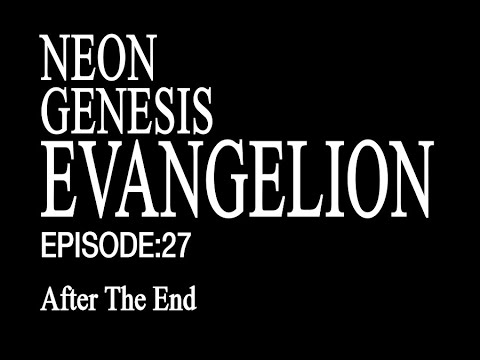It’s December, and you know what that means. It’s finally socially acceptable to watch Christmas movies. Some might find it weird how there are whole pieces of media that we only consume during a specific time of year, but I say that this self-imposed limitation gives us a chance to rewatch stuff we wouldn’t normally otherwise. Lord knows I wouldn’t have watched It’s A Wonderful Life enough times to have it practically memorized if I’d been able to pop it into the DVD player whenever. And one day, when I have my own family, I’ll have my own set of DVDs (or whatever form of physical media we’ll have in the wake of the apocalypse) to wheel out every December. Until then, as I spend yet another Christmas in the middle of nowhere, with no company save that which I can purchase at my local Baskin-Robbins, I’ll be checking out Christmas media I’ve never had the chance to watch. Like these two flicks.
Category: Comedy Page 1 of 2
Super-deformed parodies of popular anime IPs are nothing new. Indeed, they’re actually quite common. As to the question of why, my personal theory is that it’s a great way to sell even more merch and media, while also weaning a younger audience on an IP that they might be too tottish to take in till they’re older. I know that when I was a wain, I was far too young to be watching some of the more mature iterations of the Gundam franchise (and to be quite frank, I wasn’t all that interested). But the lighthearted and goofy antics of SD Gundam Force appealed to me greatly, and made me curious to check out other Gundam shows.
As such, it made perfect sense for Evangelion to get its own super-deformed parody show, given how popular and iconic it is. And given my own experience with SD Gundam, alongside the stills of Petit Eva that I’d seen before diving in, I had a general idea that I was in for a fun, lighthearted romp. I mean, what else could the show be?
Okay, so…
Originally, this article was supposed to cover the video game adaptations of NGE. It made sense as a next step, since SEGA helped bankroll the original anime’s production on the condition that it had first dibs on the game rights to the Evangelion IP, and the first video game (also the first spinoff) of the series, Neon Genesis Evangelion: First Impression, came out in the middle of the show’s broadcast.
There’s just one problem: the game isn’t available in English. In fact, most of the Eva games are not available in English. I was able to find the two Girlfriend of Steel games and the Shinji Ikari Raising Project in English, but even with that small sample size I discovered an issue, namely that video games are a much greater time investment than shows or books. Yes, I know, that should have been obvious to me, but I am, alas, not a gamer, and I quickly realized that even investing time in these three games would cause the gap between my third and fourth articles in this series to swell like the Ultimate Warrior, unless I half-assed it and shat out a review of games I barely touched.
Should have worked. Didn’t.
Wait, you want me to go into more detail? Okay, okay, fine.
After the End

Evangelion: After the End is an audio drama made shortly after the end of the original NGE tv show, wherein after the massive success of the show’s finale, NGE is suddenly granted a second season, which leaves the characters struggling to come up with an appropriate plot. It’s something of a footnote in the larger history of Eva. I didn’t discover it until I was midway through my article on the other Eva manga (coming soon), and even after learning of it, my main thought was “Huh. This looks interesting. No way in hell it’s available in English though.”
But I was wrong! As luck or fate would have in its way, a fan-translation has been available since the early 2000s, and is readily viewable on Youtube in three parts. So, despite it not being part of my initial retrospective plans, I figured After the End was worth taking a slight detour to check out. The synopsis promised fun metatextual humor, and with Hideaki Anno writing (and guest-starring), surely his creative vision would steer the story in a satisfying direction, right?
Well, one would think.
Like the team of Oracle and Bone Studios, as part of my education on 80s Hong Kong, I set about watching as many relevant films from that time period as I could. One such film was Yes, Madam!, an iconic work of cinema which directly inspired two characters in Project Shenmue, and which, even if you’ve never seen the full film, you’ve seen images from at least.
The iconic shot of Michelle Yeoh and Cynthia Rothrock, two massive stars in their own right, standing side by side as they prepare for an epic fight scene, is one that you’ve probably seen floating around the internet at some point in your life. And it’s easy to assume from that shot that Yes, Madam! is a buddy cop movie, a wunza plot where two badass gals kick some butt and do awesome, girl power shenanigans. This was Yeoh’s first lead role, and Rothrock’s first role ever, and the fact that they team up to kick ass seems like it would be awesome. That’s what the film is billed as: Michelle Yeoh and Cynthia Rothrock kick ass.
The problem is that that’s not what the movie actually is.
